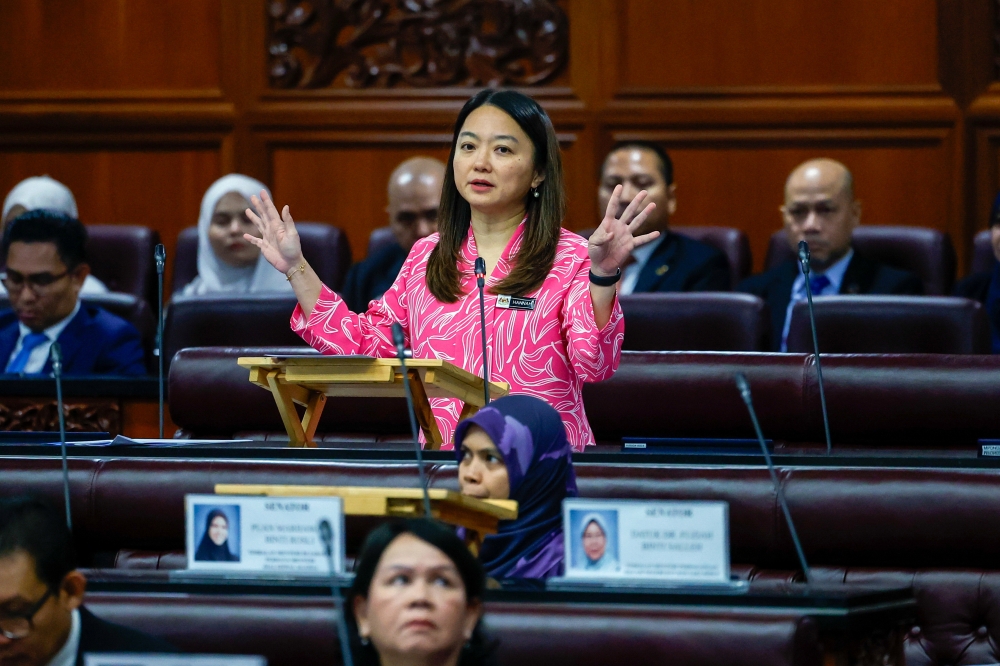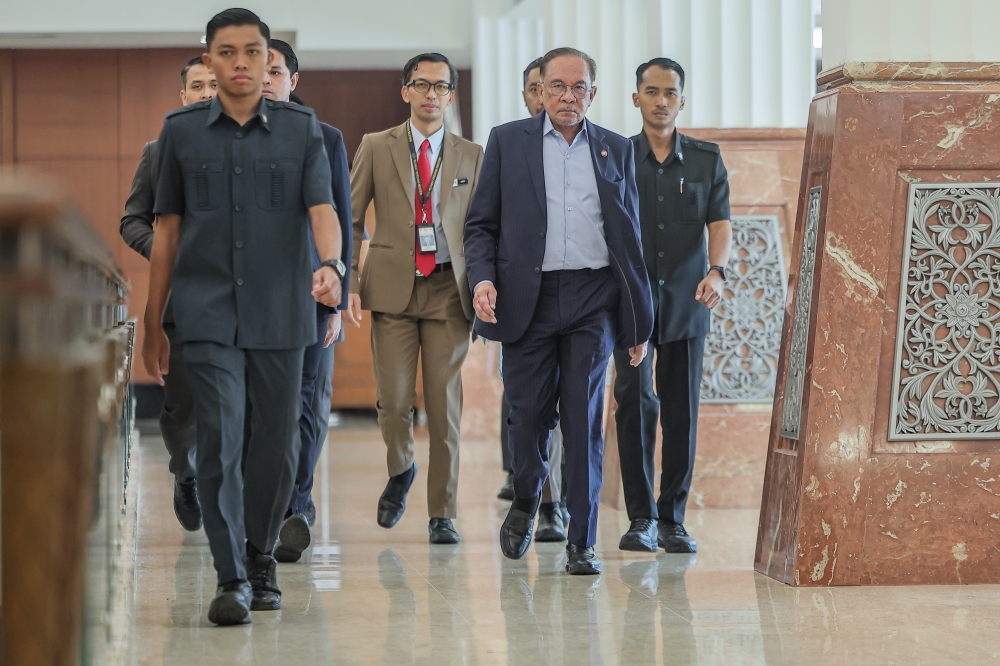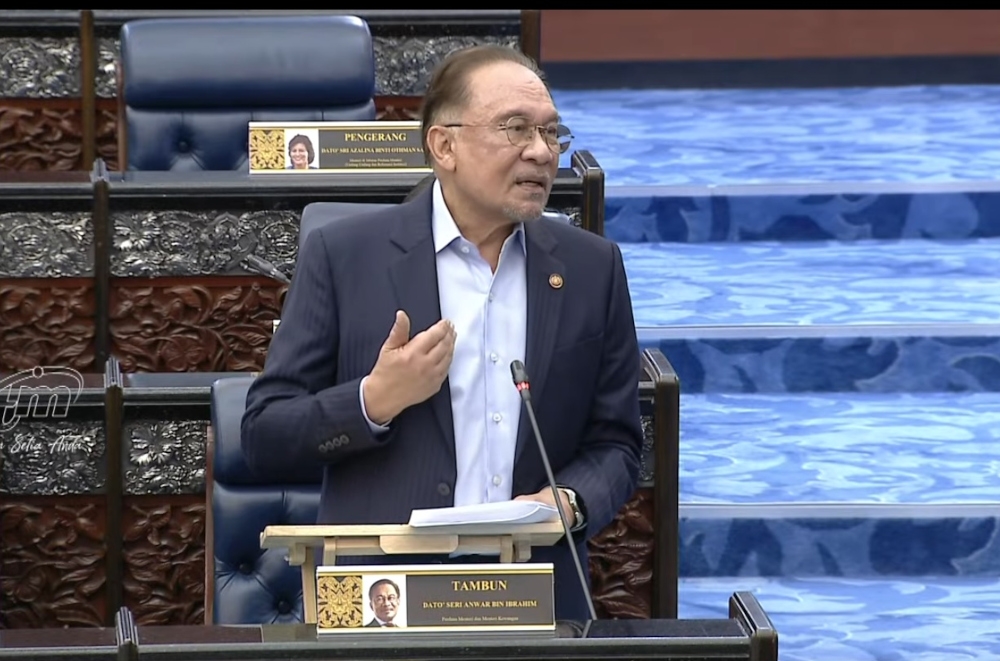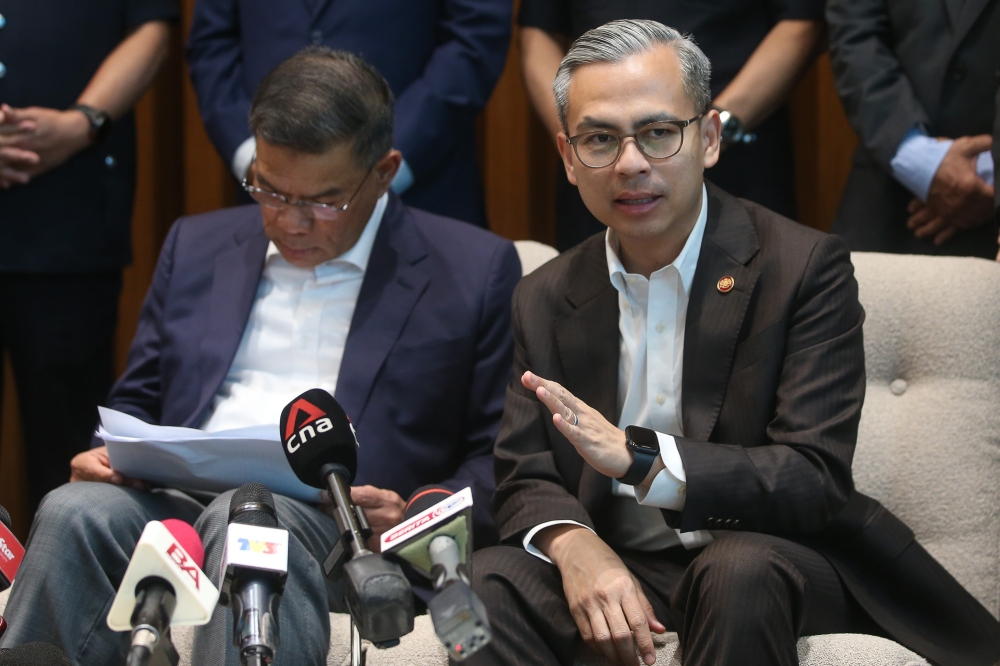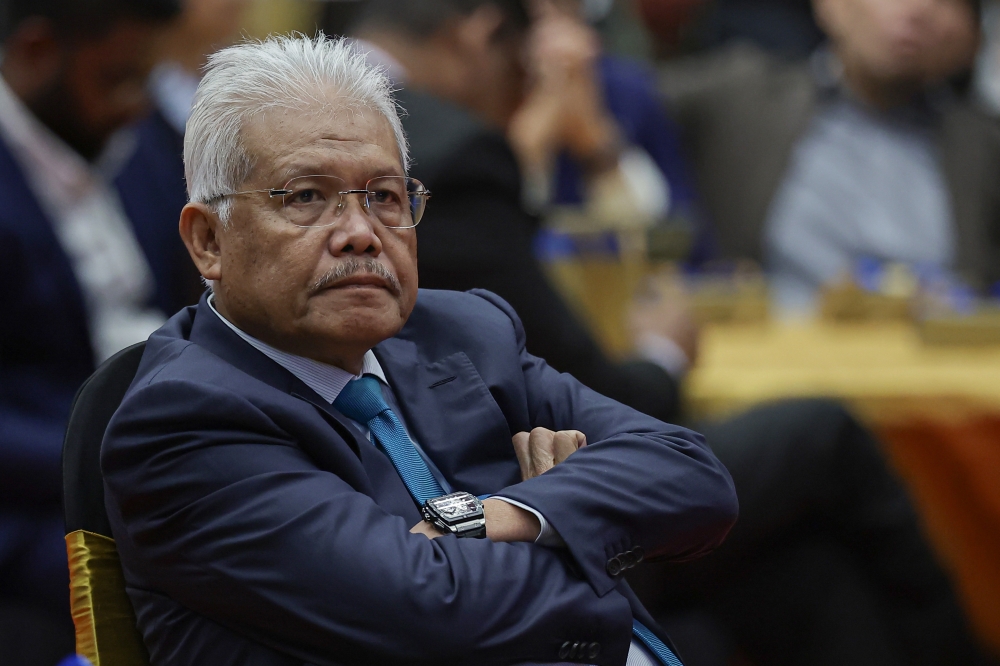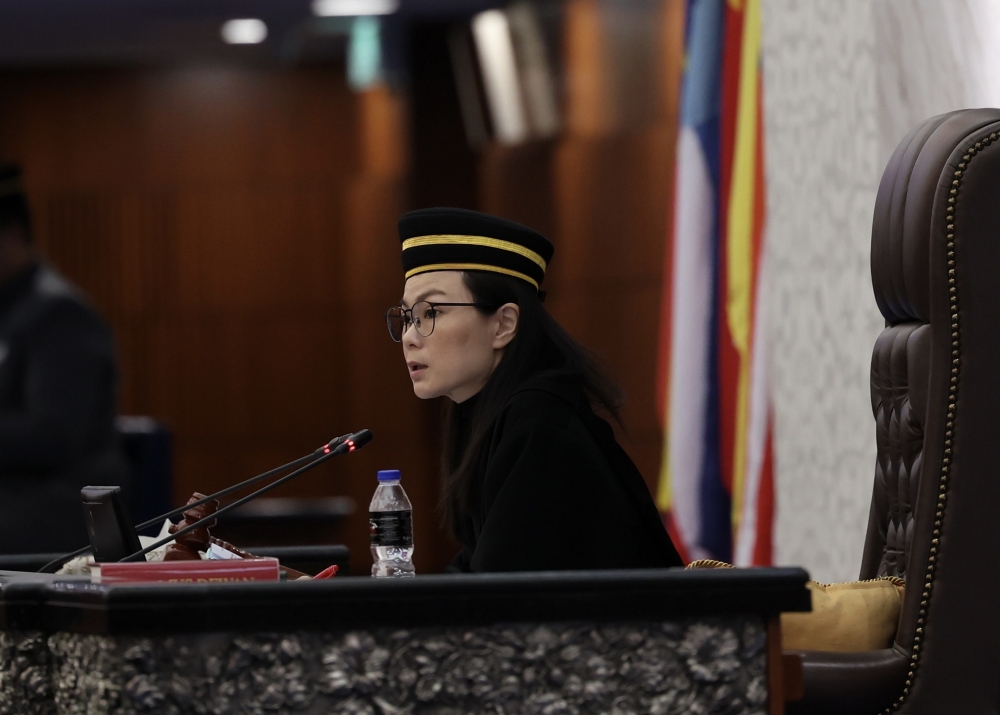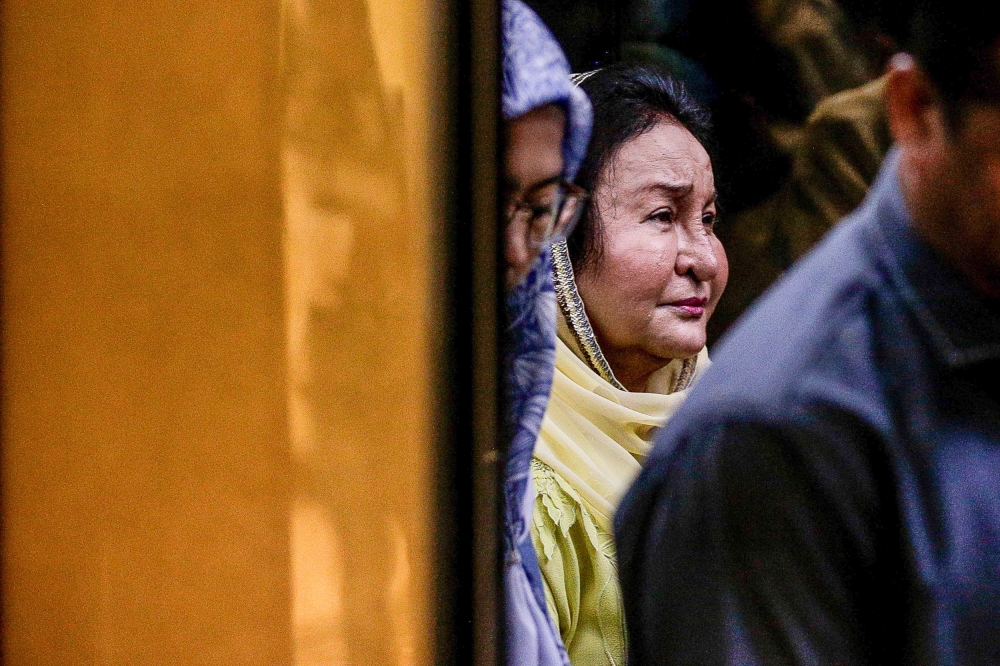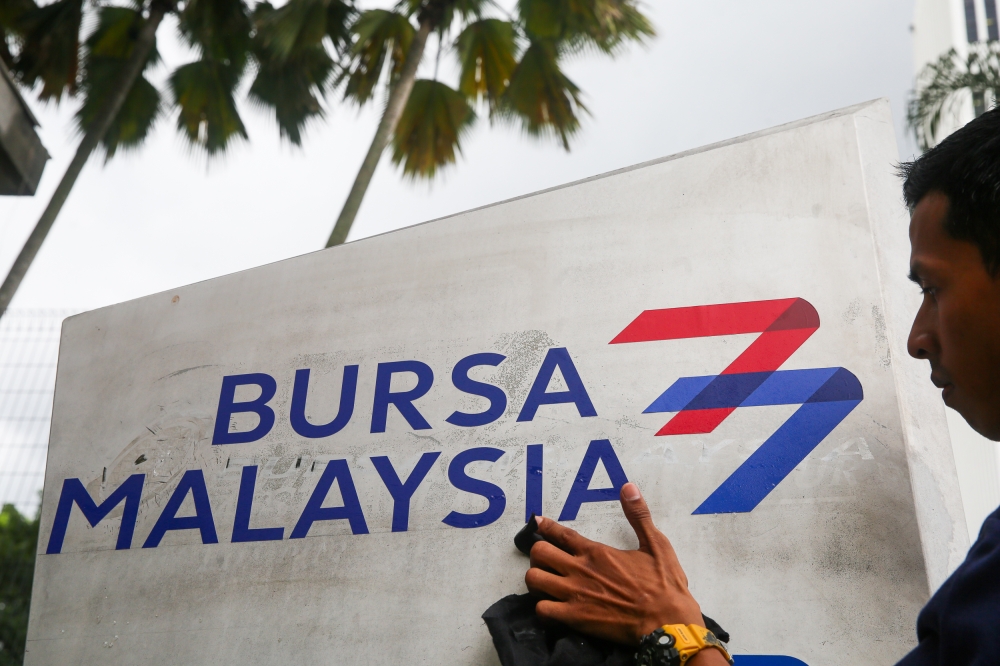KUALA LUMPUR, July 2 — Development financial institutions (DFIs) should be assessed beyond financial performance, by looking at the deliverables of their mandated role.
Small Medium Enterprise Development Bank Malaysia Berhad (SME Bank) Group Chief Operating Officer, Khairil Anuar Mohammad Anuar said the DFIs’ role is to act on, or to drive government agenda, as well as to play a countercyclical role to support and push the economy further.
“Guidelines by Bank Negara Malaysia (BNM) to DFIs in assessing their performance are not only based on financials but also their mandate.
“We take a higher risk profile compared to commercial banks as we enter into new growth areas, and so in terms of performance measurement, it is beyond the financial key performance index,” he said during the Global DFI Online Forum yesterday.
One of the areas he highlighted is how DFIs help to spur growth and support small and medium-sized enterprises (SMEs) in creating new jobs, venturing into the export market and supporting SMEs’ adoption of technologies.
“These are the new parameters that have been looked at by the central banks and Ministry of Finance to assess DFIs’ performance in carrying mandated role,” he noted.
Khairil Anuar said the uncertainties caused by the unprecedented Covid-19 health crisis had been a good test for banks to see their level of readiness to handle the pandemic, especially in terms of crisis management.
“As an executing agency driving the government agenda and mandate, we have to play a more extensive role to support the economy,” he said.
He noted that DFIs needed to be in sync with the maturity of the respective country’s economy as they were set up to serve a specific purpose for the country.
“A DFI in Germany is different than the one in Malaysia, and a DFI in Singapore is different from Cambodia in terms of its role,” he said.
DFIs in Malaysia have a strong ecosystem and support from the government and in fact, are also being supported in terms of funding.
“The regulator is looking at a set of new regulations to govern the DFIs for a certain type of requirements in terms of its deliverables.
“We’ve had a few discussions with DFIs and ministries to see areas that could be tweaked or modified to assist DFIs in performing their mandate,” he said.
Moving forward, he said participation from private players should also be stepped up.
Citing the credit guarantee scheme as an example, he said given that DFIs were taking a higher risk profile to undertake and underwrite certain businesses, participation from private players and collaboration should be formed.
“In Malaysia it is very much from the government’s side that undertakes and mitigates risk. So to complete a whole ecosystem, if private companies could come out with a good product to cover credit risk, it would be good as the burden is shared between the private and public sectors,” he said.
In order for DFIs to evolve and be more agile, the need for more talents should also be addressed, Khairil Anuar said.
“DFIs are there to support government and economy but we also need good talents in the market because business is changing following the Covid-19 pandemic.
“Digital is becoming stronger in the market. So we need a good set of talent that can understand how to underwrite the digital business and how to cover cyber law. This is the area that I think can take the DFIs to the next level,” he added. — Bernama

